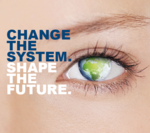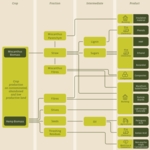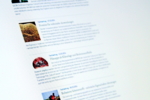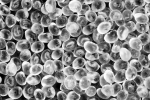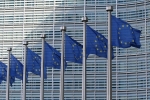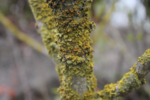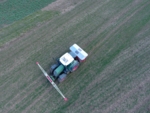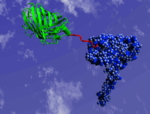-
-
-
-
-
-
-
-
Dossier - 20/03/2017
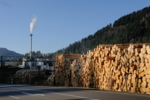
Petroleum is the raw material for basic chemicals. Growing demand and dwindling resources mean that the chemical industry is increasingly focusing on renewable resources. Lignin is a wood component that is proving to be a promising resource. It is currently almost exclusively used for generating energy, although it could also be used for other purposes. In Baden-Württemberg, a research consortium is specifically focused on exploring its…
https://www.biooekonomie-bw.de/en/articles/dossiers/lignin-a-natural-resource-with-huge-potential
-
-
-
Dossier - 16/12/2013
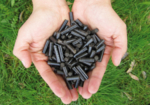
While the use of biotechnological methods for the purification of water, soil and air has already been state of the art for quite a few years, the use of microorganisms for the recovery of metal and mineral raw materials from industrial and agricultural waste has also started to attract the interest of scientists. This dossier addresses this topic, explains what geobiotechnology and urban mining are all about.
https://www.biooekonomie-bw.de/en/articles/dossiers/microbial-raw-material-recycling
-
Dossier - 14/05/2012
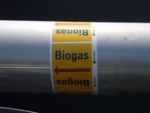
In addition to sunlight water and wind biogas is a regenerative source of energy that contributes to saving fossil resources. Germany is home to around 7100 biogas plants including 796 as of 2011 in Baden-Württemberg. In 2010 these facilities produced 11 per cent of the electricity generated from renewables in Germany. Energy-rich methane is the major constituent of biogas and is produced when organic compounds are broken down by bacteria in the…
https://www.biooekonomie-bw.de/en/articles/dossiers/biogas-a-promising-source-of-renewable-energy
-
Dossier - 22/10/2012
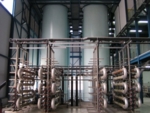
Biotechnologists are increasingly learning how to apply the knowledge about biological metabolic processes in the field of environmental protection including waste management and environmental rehabilitation. Environmental biotechnology is a field with great potential. In future bacteria and other microorganisms will most likely also contribute to sustainability and cost efficiency in other areas including the cosmetics and detergent industry as…
https://www.biooekonomie-bw.de/en/articles/dossiers/environmental-biotechnology
-
Dossier - 08/07/2013

Biodiversity is essential for functioning, stable ecosystems and the wellbeing of the human race. Despite conventions, resolutions and action plans for the protection of biological diversity at all political levels, the decline of species diversity is increasing dramatically all over the world, including Germany. Targeted projects and funding measures have been put in place with the objective of stopping this deadly trend.
https://www.biooekonomie-bw.de/en/articles/dossiers/biodiversity-in-crisis
-
-
Dossier - 15/04/2019

Plastic waste takes years to decompose and pollutes the environment. Nevertheless, plastics are an indispensable part of everyday life. It is therefore all the more important to find a meaningful alternative that is sustainable, environmentally friendly and has better properties and more functionality than conventional plastics. In addition, such an alternative should not be dependent in any way on fossil resources.
https://www.biooekonomie-bw.de/en/articles/dossiers/the-alternative-bioplastics
-
-
Dossier - 04/03/2019
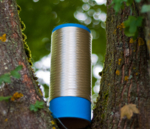
Baden-Württemberg is known for innovation in textiles and for playing a decisive role in the development of sustainable textiles for the future both in the clothing and the booming technical textile sectors. Companies and research institutes are focused on making the entire textile value chain from raw materials, production and useful life to disposal more sustainable than ever before.
https://www.biooekonomie-bw.de/en/articles/dossiers/sustainable-textiles
-
Article - 02/04/2019
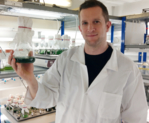
For many decades, glyphosate has been a common component of agricultural pesticides worldwide, although it is a controversial herbicide that may be harmful. The good news is that a more sustainable alternative is now in sight: researchers from the University of Tübingen have discovered a sugar molecule called 7-deoxy-sedoheptulose (7dSh) which inhibits the growth of plants and microorganisms, but appears to be completely harmless to human cells.
https://www.biooekonomie-bw.de/en/articles/news/simple-sugar-could-soon-compete-with-glyphosate
-
-
-
-
-
Website address: https://www.biooekonomie-bw.de/en/search
